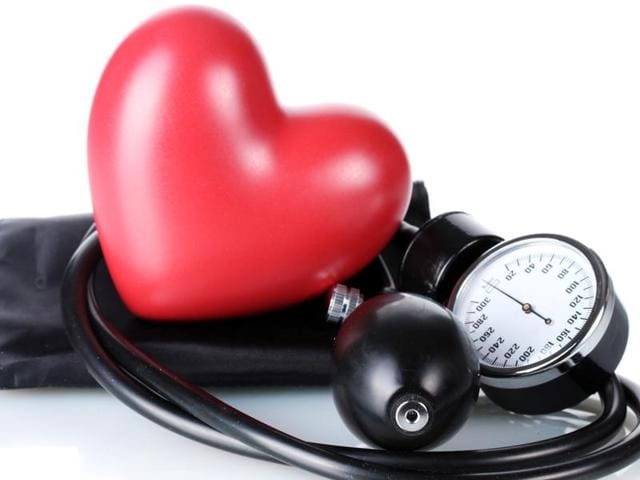Two proteins control heart growth, study shows for the first time
The study shows for the first time that two proteins, p38 gamma and p38 delta, control heart growth.
A new study has identified how two proteins control the growth of the heart and its adaptation to high blood pressure (hypertension).

Lead investigator Dr Guadalupe Sabio of the Centro Nacional de Investigaciones Cardiovasculares Carlos III (CNIC) explained that the results not only increase the understanding of the mechanisms used by cardiac cells to grow and adapt, but could also help in the design of new strategies to treat heart failure caused by excessive growth of the heart.
Read: Five surprising diseases that threaten your heart
The study shows for the first time that two proteins, p38 gamma and p38 delta, control heart growth.
The heart adapts to the changing needs of each stage of life by adjusting its size. In this way the heart grows in line with the rest of our body, including during pregnancy, in a process called cardiac hypertrohpy.
However, excessive physical exercise, hypertension, and obesity can trigger excessive heart growth (pathological hypertrophy), a situation that can lead to a heart attack. Understanding the molecular processes that regulate heart function and growth is therefore of immense importance.
Read: Tree nuts everyday can help you keep heart diseases at bay
The team found that p38 gamma and p38 delta regulate the growth of the left ventricle, the largest and strongest heart chamber, responsible for pumping oxygenated blood to the body. They showed that the hearts of mice lacking these proteins are smaller than normal. These hearts, although they function normally, are incapable of responding to external stimuli, such as high blood pressure.
Sabio noted that this new information could help in the design of new strategies to combat heart conditions caused by anomalous growth of heart muscle.
The study is described in Nature Communications.
Follow @htlifeandstyle for more.
Catch your daily dose of Fashion, Health, Festivals, Travel, Relationship, Recipe and all the other Latest Lifestyle News on Hindustan Times Website and APPs.



